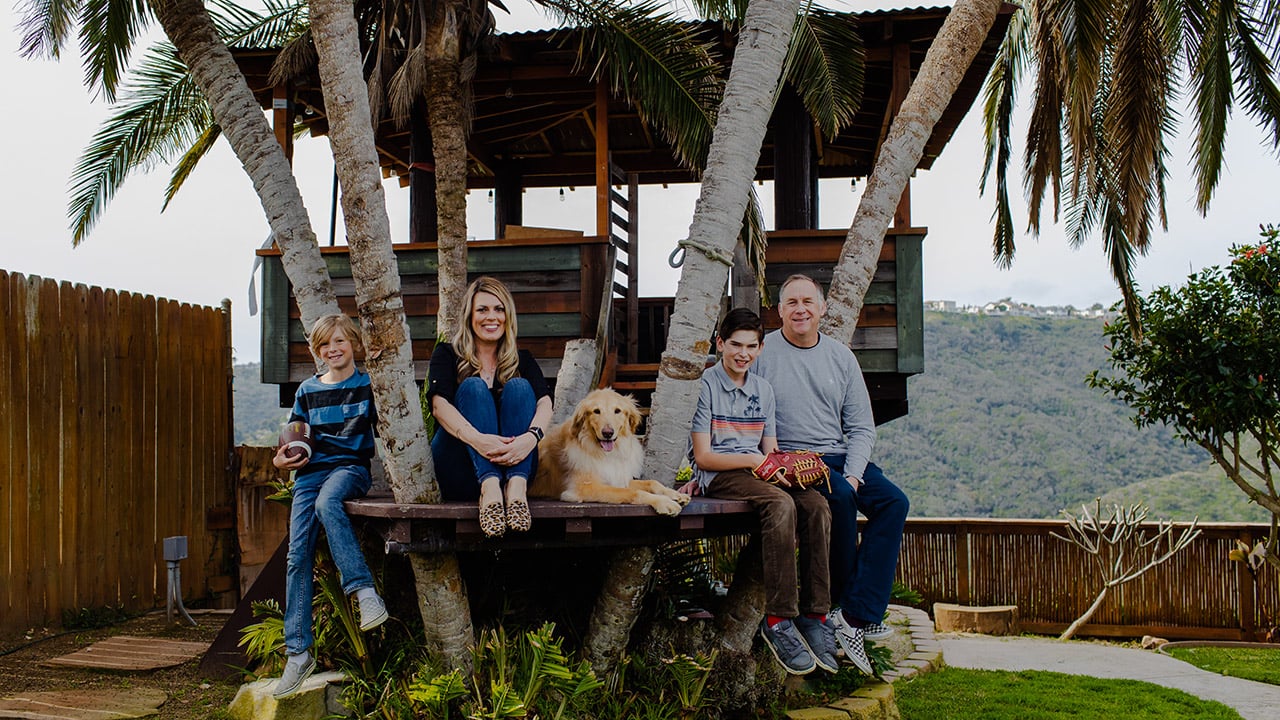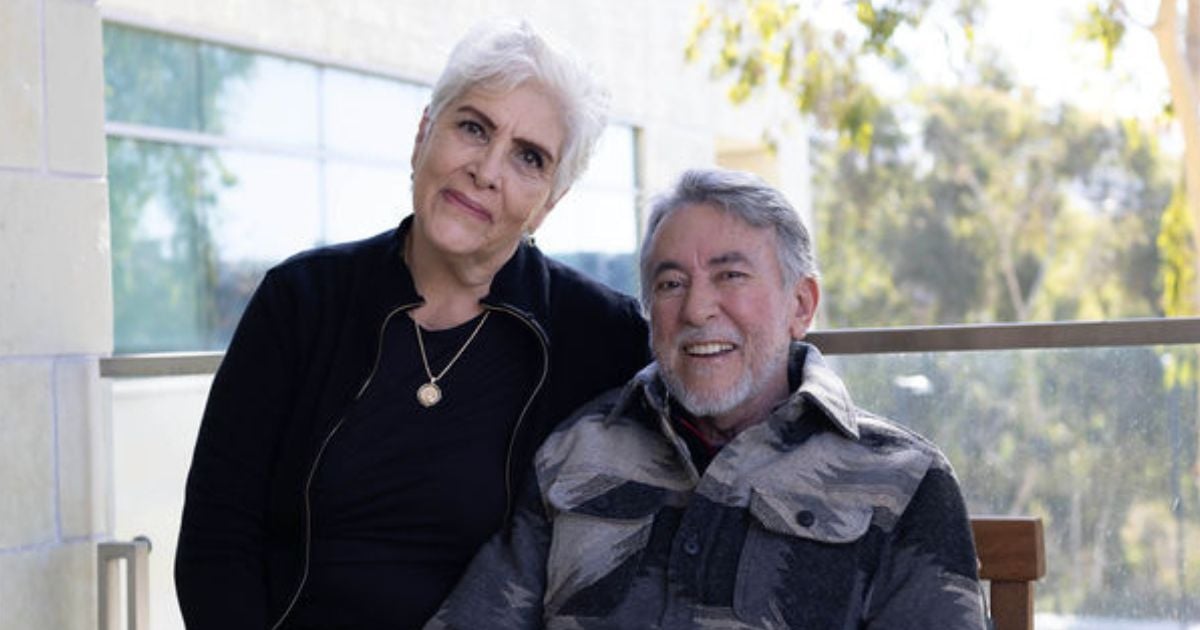CAR T-Cell Therapy
UC San Diego Health offers CAR T-cell therapy, a promising type of immunotherapy, for certain types of blood cancers, including non-Hodgkin lymphomas and multiple myeloma.
UC San Diego Health is a pioneer in the approach and helped to establish its effectiveness. We continue to be involved in clinical trials to expand the use of the therapy and better understand its effectiveness.
What Is CAR T-Cell Therapy?
It is a type of immunotherapy based on genetically modifying a patient's T-cells. CAR stands for chimeric antigen receptor. These receptors are proteins on the T-cells' surface engineered to recognize a specific antigen (protein) found on certain cancer cells. These receptors can be thought of as claws that enable T-cells (white blood cells) to find and grasp tumor cells. In a laboratory, a deactivated virus is used to insert genes into the T-cells that direct the production of these receptors. These CAR T-cells are then grown in a lab until there is a sufficient quantity of cells for therapy. Because a person's own T-cells are used in treatment, CAR T-cell therapy is personalized cancer therapy.
Types of CAR T-Cell Therapies
Receive a CAR T-cell therapy that is right for you:
- Yescarta (axicabtagene ciloleucel) for adults with relapsed or refractory B-cell lymphoma
- Kymriah (tisagenlecleucel) for children and young adults with relapsed or refractory B-cell precursor acute lymphocytic leukemia
- Abecma (idecabtagene vicleucel) for adults with relapsed or refractory multiple myeloma. We are the only dedicated site in the region to offer this promising new treatment.
- Tecartus (brexucabtagene autoleucel) for adults with relapsed or refractory mantle cell lymphoma or acute lymphoblastic leukemia. It is used following disease progression while on or after other treatments.
A Bridge to BMT
When You Don't Fully Respond to CAR T-Cell Therapy
Although immunotherapies are incredibly promising, you may not respond fully to CAR T-cell therapy. When this happens, the therapy may be used as a bridge to a blood or marrow transplant (BMT). UC San Diego Health has the largest BMT program in the region and a transplant unit within Jacobs Medical Center, designed for your comfort and safety.
Related Services
BMT Doctors A team approach to your care
At UC San Diego Health, your care is led by a multidisciplinary team of doctors who specialize in your type of cancer. Highly specialized, multidisciplinary care is a hallmark of top-tier academic medical centers such as UC San Diego Health. For patients like you, it means you receive the highest level of care. Find a blood cancer specialist.



